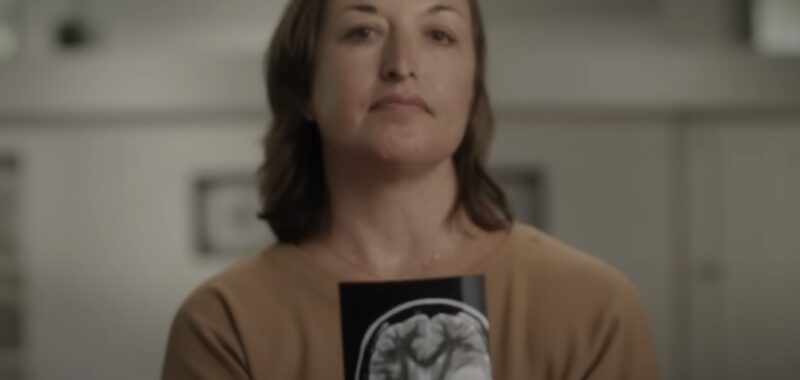Because “Caroline’s diagnosis was terminal… an abortion would not have saved her life, only extended it. Florida law would not allow an abortion in this instance because the abortion would not have ‘save[d] the pregnant woman’s life,’ only extended her life,” the group said.
Judge: State should counter with its own speech
Walker’s ruling said the government can’t censor the ad by claiming it is false:
Plaintiff’s argument is correct. While Defendant Ladapo refuses to even agree with this simple fact, Plaintiff’s political advertisement is political speech—speech at the core of the First Amendment. And just this year, the United States Supreme Court reaffirmed the bedrock principle that the government cannot do indirectly what it cannot do directly by threatening third parties with legal sanctions to censor speech it disfavors. The government cannot excuse its indirect censorship of political speech simply by declaring the disfavored speech is “false.”
State officials must show that their actions “were narrowly tailored to serve a compelling government interest,” Walker wrote. A “narrowly tailored solution” in this case would be counterspeech, not censorship, he wrote.
“For all these reasons, Plaintiff has demonstrated a substantial likelihood of success on the merits,” the ruling said. Walker wrote that a ruling in favor of the state would open the door to more censorship:
This case pits the right to engage in political speech against the State’s purported interest in protecting the health and safety of Floridians from “false advertising.” It is no answer to suggest that the Department of Health is merely flexing its traditional police powers to protect health and safety by prosecuting “false advertising”—if the State can rebrand rank viewpoint discriminatory suppression of political speech as a “sanitary nuisance,” then any political viewpoint with which the State disagrees is fair game for censorship.
Walker then noted that Ladapo “has ample, constitutional alternatives to mitigate any harm caused by an injunction in this case.” The state is already running “its own anti-Amendment 4 campaign to educate the public about its view of Florida’s abortion laws and to correct the record, as it sees fit, concerning pro-Amendment 4 speech,” Walker wrote. “The State can continue to combat what it believes to be ‘false advertising’ by meeting Plaintiff’s speech with its own.”

